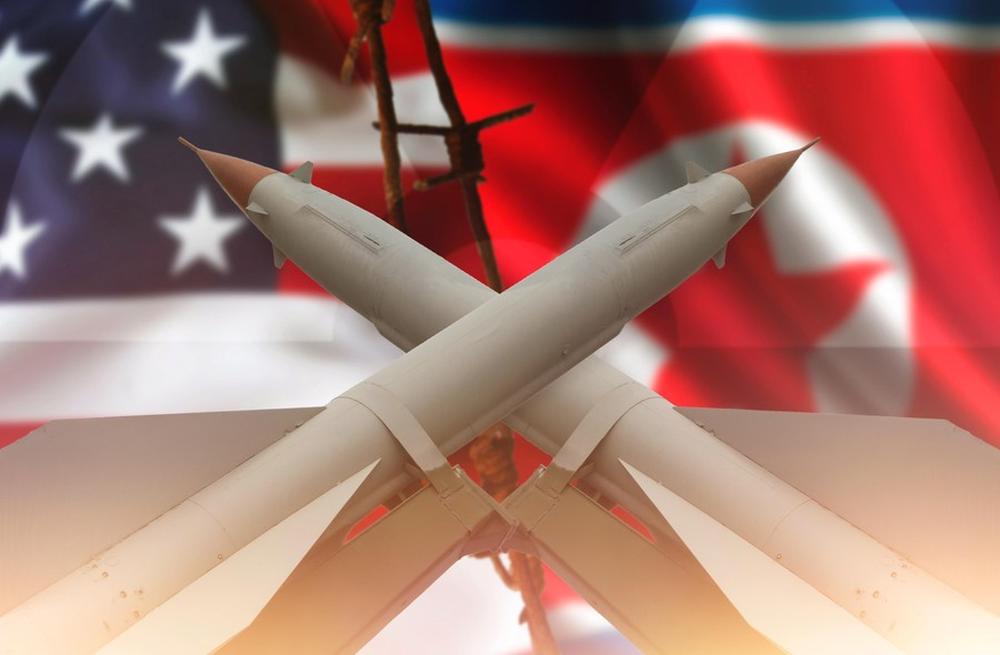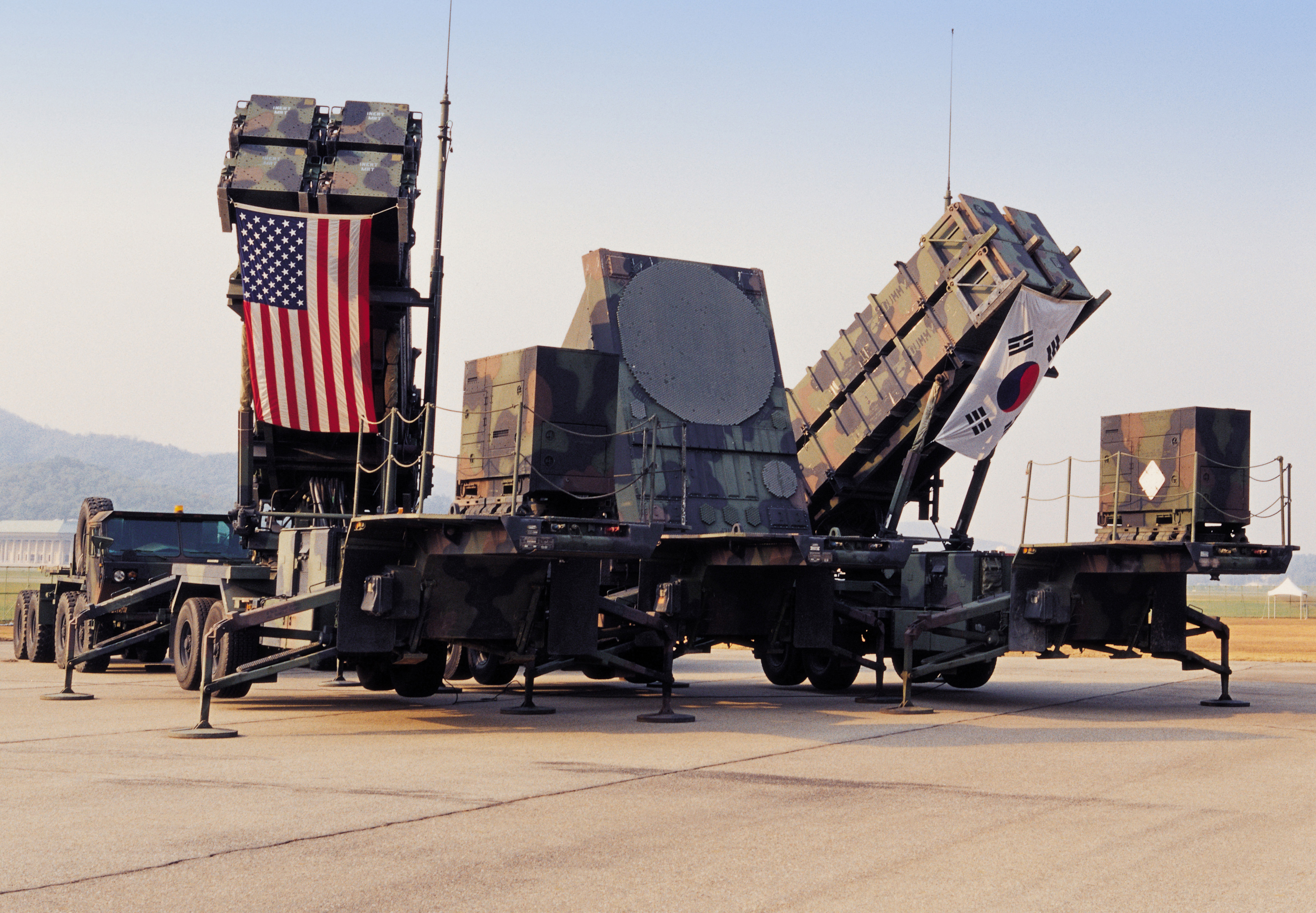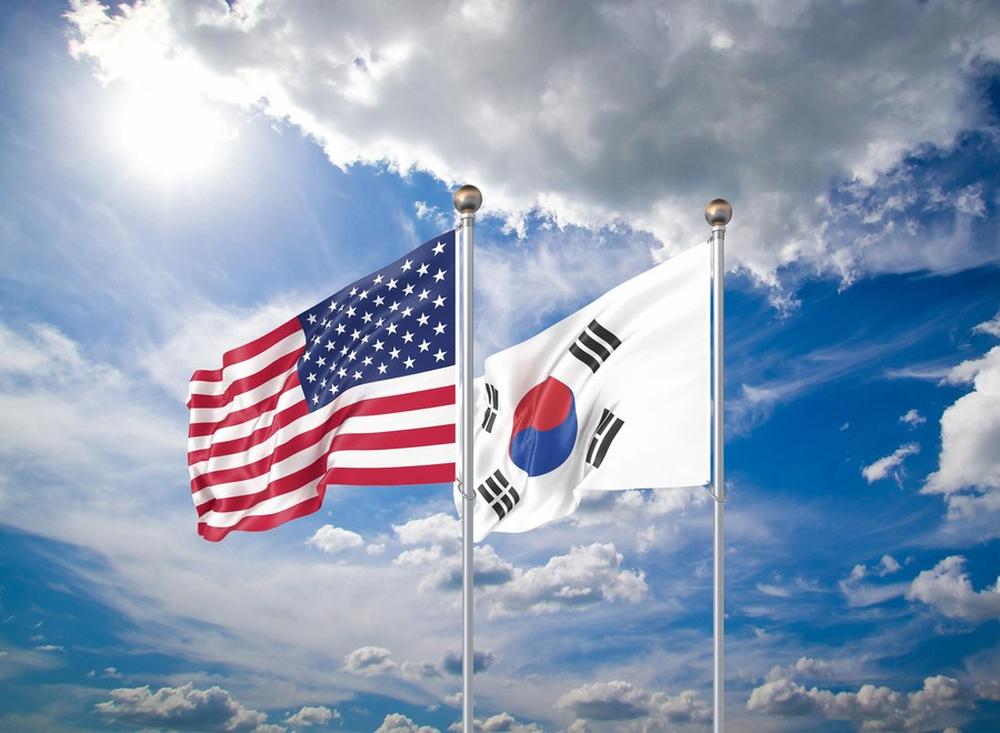- #Inter-Korean Relations
- #North Korea
- #Security & Defense
- #US-ROK Alliance

► While North Korea’s criticisms about the ROK-US joint military exercises are nothing new, recent criticisms about inter-Korean and US-DPRK relations have become more intense as the nation seems to be convinced that enough pressure will result in the suspension of the ROK-US joint military exercises.
► North Korea is calling for suspension in order to establish a diplomatic advantage over its miilitary provocations, debilitate the ROK-US alliance, justify its nuclear program, and influence Sino-DPRK relations.
► As we negotiate with North Korea, the continuation of a robust ROK-US alliance and tangible progress towards denuclearization must not waver.
North Korea’s Recent Statements on the ROK-US Joint Military Exercises
On September 27, 2021, Kim Song, the Permanent Representative of the Democratic People’s Republic of Korea to the United Nations, said during the 76th UN General Assembly that, “If the U.S. wants to see the Korean War, the most prolonged and long-lasting war in the world, come to an end, and if it is really desirous of peace and reconciliation on the Korean Peninsula, it should take the first step towards giving up its hostile policy against the DPRK by stopping permanently the joint military exercises and deployment of all kinds of strategic weapons which are levelled at the DPRK in and around the Korean Peninsula.” More recently on November 18, the Choson Sinbo argued that the essence of the 'deterrence against North Korea' claimed by the South including a beheading operation targeting the North Korean leader and that the ROK-US joint military exercises are, in nature, war exercises. While North Korea’s criticisms about the ROK-US joint military exercises are nothing new, recent criticisms about inter-Korean and US-DPRK relations have become more intense. North Korea seems convinced that pressuring the United States and Korea will result in the suspension of the ROK-US joint military exercises.
At the same time, an argument is cautiously being raised that North Korea should look at the ROK-US joint military exercise in a different light. According to the joint statement between President Moon Jae-in and President Biden in May, “We commit to strengthening the alliance deterrence posture, share the importance of maintaining joint military readiness, and reiterate our firm commitment to a conditions-based transition of wartime operational control.” From this point of view, a message was sent to North Korea that the ROK-US joint military exercises are necessary in order to successfully transfer wartime operational control, implying that military exercises are a prerequisite to a peace regime on the Korean Peninsula. Whether North Korea understands the message remains to seen.
Suspension of ROK-US Joint Military Exercises and Its Implications
There have been multiples instances when the ROK-US joint military exercises were postponed or suspended. Most famously, military exercises were suspended in 1992, the year following the signing of the 1991 Inter-Korean Basic Agreement and the Joint Declaration on the Denuclearization of the Korea Peninsula, and in 1994 when the Geneva Agreed Framework was signed. Since 2018, the joint military exercises were discontinued, reduced in scale, and suspended depending on the progress in inter-Korean and US-DPRK relations. Starting with the 2018 Winter Olympics in Pyeongchang, inter-Korean relations improved dramatically, resulting in inter-Korean as well as US-DPRK summit meetings. The postponement or suspension of the joint military exercises played an important role in the blossoming of relations. For example, just prior to the 2018 US-DPRK summit meeting in Singapore, North Korea threatened to cancel the summit meeting because of the annual joint military exercises. President Trump then announced during 2018 June Singapore summit meeting that the ROK-US joint military exercises were suspended, which lasted until 2019. This resulted in Key Resolve, Ulchi-Freedom Guardian, and Foal Eagle all being discontinued or reduced in scale. Moreover, ROK-US Naval exercise known as Ssang Yong as well as Air Force exercises Vigilant Ace and Max Thunder, among others, were suspended. Ulchi-Freedom Guardian is especially critical for Korea because of the threats caused by North Korean provocations, including the nuclear program. Despite the importance of these exercises, only small scale joint military exercises are now being conducted. Concerns over national security have turned into a reality. Once the symbol of the ROK-US alliance, the joint military exercises are now being dictated by the diplomatic environment.
North Korean Intentions
Why is North Korea now calling for the suspension and discontinuation of the ROK-US joint military exercises? First, it is trying to establish a diplomatic advantage vis-à-vis the United States by engaging in military provocations, and citing the joint military exercises as the reason for the provocations. In past negotiations over its nuclear program, North Korea has demanded that the United States withdraw hostile policies by suspending ROK-US joint military exercises, withdrawing United States Forces Korea, and providing sanctions relief. Kim Jong-un’s letter to Trump in August 2018 also demanded that ROK-US joint military exercises be cancelled or postponed for working-level negotiations to take place.
Second, North Korean intention is to debilitate the ROK-US alliance by driving a wedge between the two allies, and to divide American opinion leaders. To this end, Kim Jong-un has tried to support his arguments by mentioning North Korean hardliners and moderates. At the Singapore summit meeting, Kim said that American as well as North Korea hardliners had proven to be a difficult obstacle to overcome. He said that these North Korean hardliners would be touchedby Trump’s decision to suspend joint military exercises. He added that North Koreans’ concerns about the joint military exercises must be addressed because that would allow North Koreans to better support US-DPRK relations. To do so, he suggested that the ROK-US joint military exercises be reduced in size or discontinued completely.
Third, North Korea’s demand for the suspension of the joint military exercises is actually a way to justify its nuclear program. Having already determined that the ROK-US joint military exercises would never be completely discontinued, the Kim administration has demanded the suspension of the exercise without committing to denuclearization. It is a way to justify North Korea’s nuclear program, which is necessary to counter these military exercises.
Fourth, North Korea is using the presence of USFK and joint military exercises to influence Sino-DPRK relations. For the first six years of Kim Jong-un’s rule, not a single Sino-DPRK summit took place. This changed when the US-DPRK summit was scheduled to take place for the first time. The leaders of China and North Korea met five times just prior to and immediately after the US-DPRK summit. Even China has come to support North Korea’s demand for the suspension of joint military exercises. China’s argument that joint military exercises destabilize east Asia as well as the entire Indo Pacific is the Chinese way of hinting that it will get more involved with the US-ROK alliance. Chinese involvement with the joint military exercises has the potential to become an international issue, which is exactly what North Korea wants.
Direction of Korea’s Response
North Korea sees the ROK-US joint military exercises as a threat to its regime. During these joint military exercises, North Korea has also conducted its own military response exercises. Lacking energy resources, military exercises have had a draining effect on its military capabilities. It is for this very reason that joint military exercises could prove to be an important diplomatic card. We cannot give North Korea what it wants at no cost. Moreover, Korea has much to learn from the experienced United States military. We have to remind ourselves that the ROK-US joint military exercises are critical to the alliance. We cannot place these exercises on the negotiating table without forcing North Korea to commit to a landmark summit or agreement. As we negotiate with North Korea, the continuation of a robust ROK-US alliance and tangible progress towards denuclearization must not waver.
Dr. So Seok Lee has been working at the Institute for National Security Strategy from 1998 to the present. Dr. Lee has a Doctoral degree(1997) in political science from Korea University and handles various issues especially focused on inter-Korean relations, North Korean politics, and North Korean nuclear issues. He served as a member of the National Assembly's Foreign Affairs and Unification Committee and the Ministry of Unification's Policy advisory Committee and served as a member of the Gyeonggi-do Inter-Korean Exchange and Cooperation Committee. He served as the president of the Korean Association of Peace Studies.

